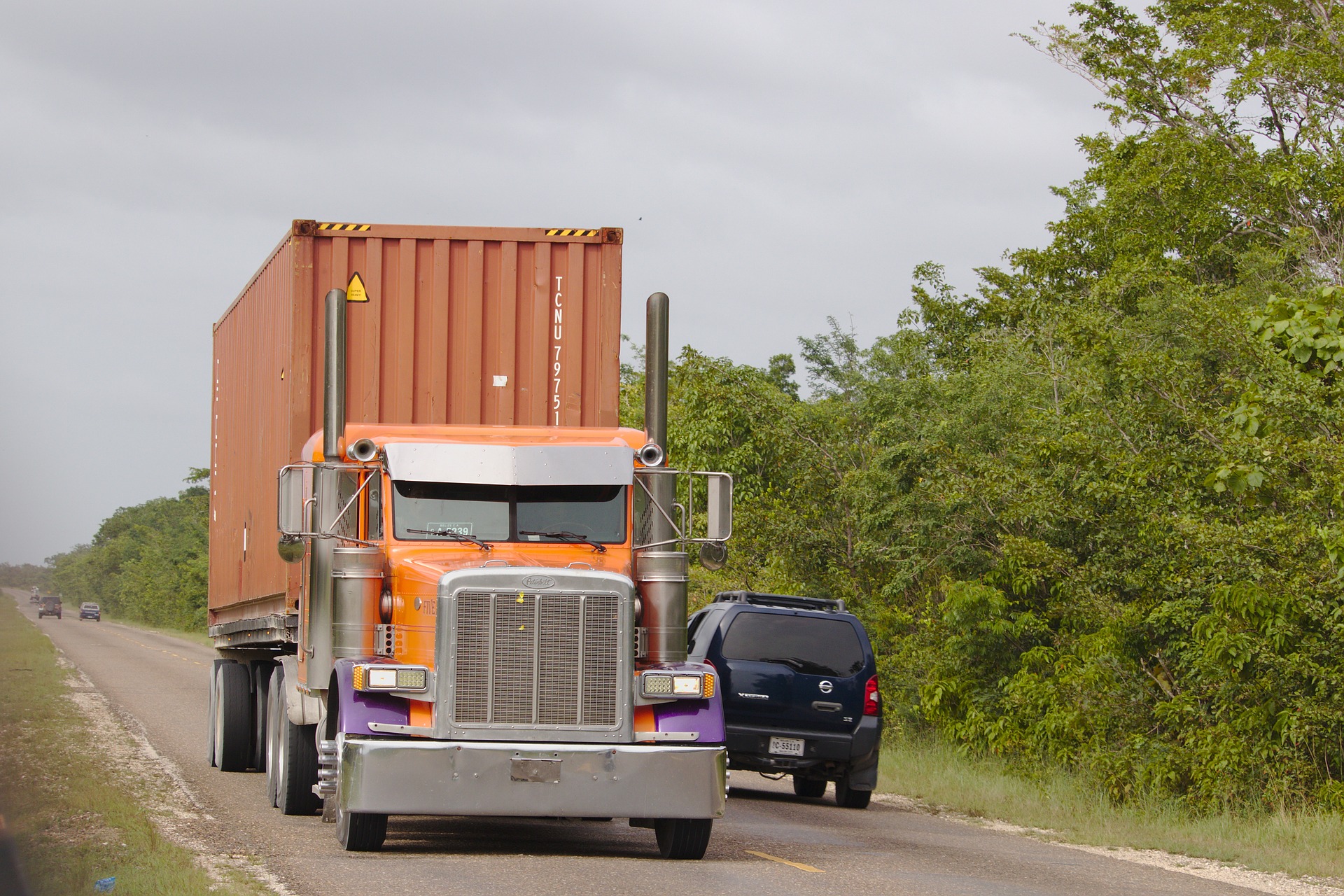
You’re likely already aware that when bad weather hits Colorado, accidents happen. Whether its high winds in the plains, heavy rains, or snow in the mountains these conditions can easily turn a familiar route into a possible life-threatening situation.
Some may assume that simply because Mother Nature created the bad road conditions which lead to the accident, that the commercial truck driver is free from liability. But, in fact, driving in bad weather entails the same responsibility as when driving on a clear blue day. In other words, bad weather is no excuse for an accident.
According to federal regulations, truck drivers must exercise extreme caution when driving in dangerous weather conditions. Still, drivers of passenger vehicles should be aware that due to their tough schedule demands, commercial truck drivers do not have the option of staying home or rerouting their trip during poor weather. Consequently, if you are on the road when a storm hits, there’s a high chance you will encounter a large truck.
While a commercial trucks may look immovable, bad weather conditions are especially dangerous for semi-trucks. The combination of their high center of gravity, the narrow distance between the left and right wheels, and their heavy unstable loads make them vulnerable to even the smallest changes in road conditions. Any sudden change in direction can cause a chain reaction that ultimately ends in disaster.
Common Weather Situations That Can Cause a Trucking Accident
Wind Storms: The top-heavy structure makes a truck’s chance of tipping over on the road more likely during high winds. The stronger and more unpredictable the wind, the greater the truck’s chance of tipping over on the road. If this happens, a big-rig rollover can be devastating to the truck driver and any nearby drivers.
Heavy Rain or Snow: A hydroplaning truck ranks as one of the most dangerous forces you can encounter. Rain, snow and ice have similar negative effects on the road, as they make surfaces slippery. Ice is considered slightly more dangerous than rain, because ice affects a truck’s traction. For a large truck traveling at a high rate of speed, this lack of traction makes steering and braking all but useless. lawsuit
Lightning Storms or Thunderstorms: Some accidents may be caused because of the alarm the weather may create. Sudden lightening or violent noise from storms can frighten drivers, causing them to slam on their brakes. These sudden movements can cause a dramatic shift in their load and raise the chances that a driver will lose control of their truck.
Fog, Smoke, Blowing Dust: Reduced visibility can cause drivers to veer out of their lanes. Drivers who do not properly use headlights and taillights effectively, or have non-functioning equipment, may cause risk to fellow drivers.
What the Law Says
The Federal Motor Carrier Safety Regulations (FMCSR) state unequivocally that “extreme caution in the operation of a commercial motor vehicle shall be exercised when hazardous conditions” exist. And Article § 392.14 of the FMCSR states that extreme caution must be used in any situation where “snow, ice, sleet, fog, mist, rain, dust or smoke adversely affect visibility or traction.” Federal regulations are very clear that “the driver” is responsible for the safe operation of the vehicle. Despite work schedule and deadlines this requires commercial truck drivers to reduce speed, exercise extreme caution and even pull over and cease operation if there are extremely hazardous driving conditions.
What to Do If Involved in an Accident Due to Poor Weather
Hire an attorney immediately. Ultimately, there are limitless factors that may have contributed to the accident besides weather, including road and driver conditions. While determining liability may seem obvious in some situations, each case is truly unique. Commercial trucking companies often have complex insurance plans and a litany of resources at their disposal to investigate, and sometimes cover up important factual details regarding the accident, the condition of the vehicle, and even the driver itself. All of this can make reaching a fair and proper settlement difficult.
Over the years our attorneys have worked with victims and family members who were injured or killed by the dangerous combination of negligence and driving in bad weather, and we understand how frustrating it can be. Collisions involving big rigs are likely to result in serious injuries that may render you unable to work for weeks or months afterward and it is important to understand that even when Mother Nature is the primary cause of the wreck, you may still be entitled to financial compensation from the commercial trucking company for the damage caused to you and your vehicle.
If you have been the victim of a trucking accident while driving in bad weather, you need the help of experienced attorneys to fight for your rights. Contact us, we have a team of attorneys that can make sure that you receive the full amount of compensation you deserve to cover your hospital bills, vehicle repairs and the pain and suffering you and your family have endured.



